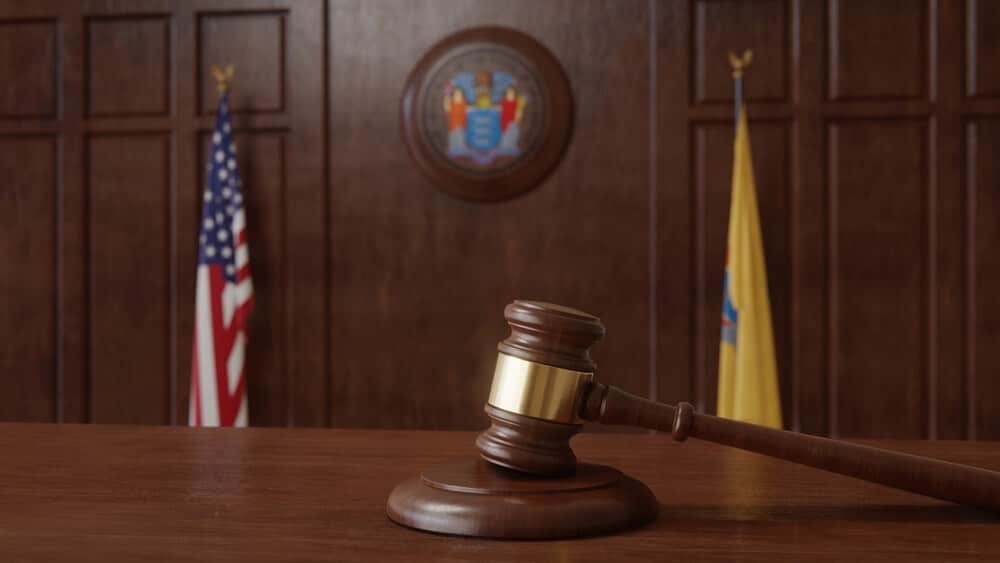
Learn how targeted complaint revisions can rescue a struggling case before it’s too late. Discover how Legal Husk’s expert drafting team turns weaknesses into courtroom strengths.
Complaint Revisions That Can Save Your Case
Most plaintiffs think the critical moment is filing the complaint. They assume that once it’s filed, the die is cast. But in reality, the complaint is a living document — and in many situations, revising it strategically can mean the difference between dismissal and victory.
At Legal Husk, we’ve helped countless clients rescue cases that seemed doomed simply by knowing when and how to revise a complaint. Whether your filing has been challenged by the defense, questioned by the judge, or simply underperforming in settlement negotiations, there’s often still time to turn things around.
When Complaint Revisions Are Not Just an Option, But a Necessity
Many plaintiffs wait until a case is on the brink before considering revisions. By then, valuable opportunities may have slipped away. Here are the most common scenarios where revisions are essential:
Why Plaintiffs Hesitate to Revise — And Why That’s a Mistake
Some plaintiffs see revisions as a sign of weakness. The truth? Revisions are a sign of adaptability and strategic thinking. Litigation is dynamic. The most successful cases evolve as circumstances change.
Failing to revise:
The Three Types of Complaint Revisions That Save Cases
1. Substantive Revisions: Strengthening the Core Claims
These are major changes aimed at bolstering the legal and factual backbone of your complaint.
Examples:
Legal Husk
Approach:
We cross-reference your complaint with case law, jurisdictional pleading
standards, and procedural rules to identify gaps. Then we fill them with
strategic, fact-supported language that satisfies both the law and the judge’s
expectations.
2. Procedural Revisions: Fixing Compliance Issues
Procedural errors can kill even the most valid claims.
Examples:
Legal Husk
Approach:
We conduct a procedural audit to identify and correct technical defects
before the defense can use them to force dismissal.
3. Strategic Revisions: Increasing Settlement Leverage
Sometimes the complaint meets all legal requirements but doesn’t intimidate the defense or entice them to settle.
Examples:
Legal Husk
Approach:
We rewrite sections to maximize perceived case value and pressure the
other side into negotiations.
Case Study: From Weak Filing to Six-Figure Settlement
A client came to Legal Husk after their original complaint, drafted by a generalist attorney, had been gutted by a motion to dismiss. The court allowed amendment, and within three weeks, our team had:
Within 45 days of refiling, the defense initiated serious settlement talks — resulting in a $180,000 settlement.
Why Timing Is Everything in Complaint Revisions
Courts often set strict deadlines for amendments, especially after motions or scheduling orders. Missing these windows can permanently lock in weaknesses.
Key Timing Points:
At Legal Husk, we track these procedural deadlines so you never lose your chance to strengthen your case.
The Legal Husk Complaint Rescue Process
Mistakes to Avoid in DIY Complaint Revisions
How Revisions Influence Judge Perception
Judges notice when a complaint evolves thoughtfully. A well-revised complaint signals:
This perception can influence rulings on motions, discovery disputes, and even trial conduct.
Revisions as a Settlement Catalyst
Strong revisions can cause the defense to:
At Legal Husk, we have seen cases flip from defense-dominated to plaintiff-controlled simply because the revised complaint was too strong to ignore.
From Risk to Opportunity
If your complaint has weaknesses, that’s not the end of the story. With the right approach, those weaknesses can be turned into strengths. The key is knowing exactly what to change and how to do it without compromising credibility.
Why Choose Legal Husk for Complaint Revisions
Next Step: Rescue Your Case Before It’s Too Late
If your complaint is under attack, stalled in court, or not moving settlement forward, there’s still hope. The sooner you act, the more options you have.
📞 Contact Legal Husk Today — Let our experts assess your complaint and create a targeted revision plan that can save your case.
Whether you are dealing with a complex family matter, facing criminal charges, or navigating the intricacies of business law, our mission is to provide you with comprehensive, compassionate, and expert legal guidance.